Scottish Sea Farms’ new salmon and seaweed initiative aims to boost marine environment in Loch Spelve
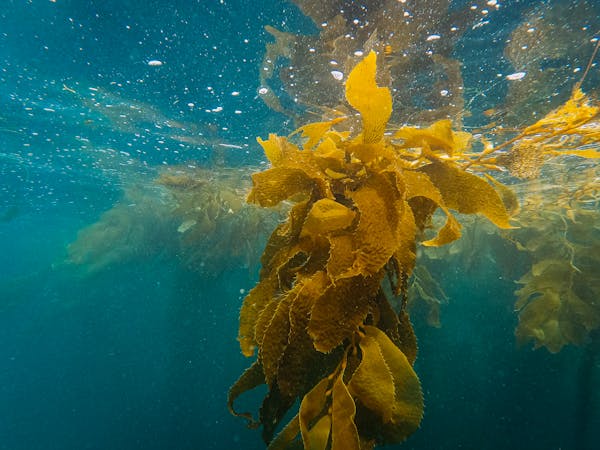
Scottish Sea Farms is partnering with a seaweed farming venture on Loch Spelve in the Sound of Mull to grow both salmon and kelp together. This year-long project aims to improve the marine environment and reduce the impact of its farming activities. The mutual benefits of growing salmon and kelp in the same waters have been shown in multi-trophic aquaculture projects elsewhere.
“Seaweed is so beneficial in so many ways for the marine environment,” said Anne Anderson, head of sustainability and development at Scottish Sea Farms. “As a plant, it absorbs carbon dioxide, while releasing oxygen. It’s a bit like planting trees to offset your carbon footprint. And some of the organic nutrients, nitrogen and phosphorous, from salmon farming are absorbed to help nourish the kelp. It will be interesting to see if we get more seaweed growth once we put the salmon in.”
The farm, which had been left unused, was chosen for a new project between Scottish Sea Farms and businessman Guy Grieve. Grieve, who used to run the Ethical Shellfish Company on Mull, now plans to grow large amounts of sugar kelp for garden compost.
The seaweed lines, installed last October, produced encouraging growth over the winter, and this month four 90m pens will be stocked with salmon. Scottish Sea Farms sought permission from Crown Estate Scotland for the trial and talks are now underway to amend the farming lease to cultivate seaweed longer term.
Read more about the collaboration here.
Now that you've reached the end of the article ...
… please consider supporting GSA’s mission to advance responsible seafood practices through education, advocacy and third-party assurances. The Advocate aims to document the evolution of responsible seafood practices and share the expansive knowledge of our vast network of contributors.
By becoming a Global Seafood Alliance member, you’re ensuring that all of the pre-competitive work we do through member benefits, resources and events can continue. Individual membership costs just $50 a year.
Not a GSA member? Join us.
Author
Tagged With
Related Posts
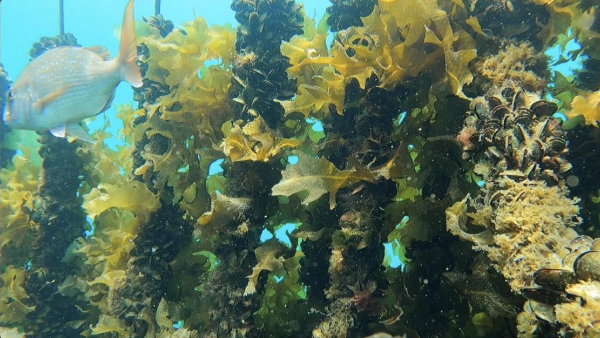
Responsibility
Study: Mussel and seaweed farming can boost wild fish populations
Study shows mussel and seaweed farming can increase fish populations and biodiversity, showing potential environmental and economic benefits.
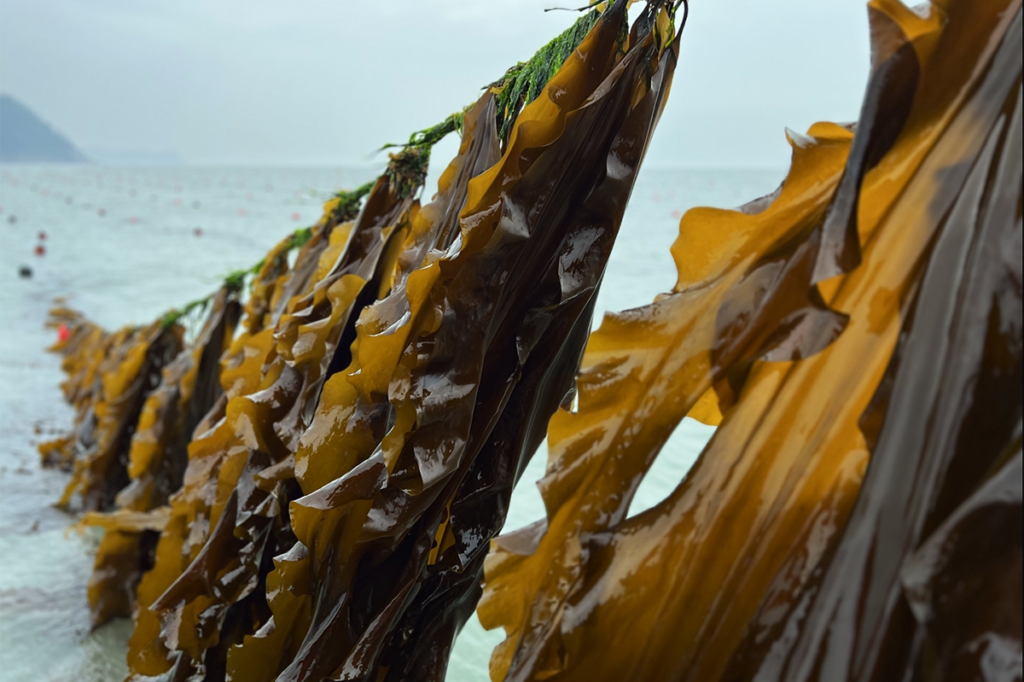
Intelligence
Playing favorites: How selective breeding can grow the seaweed sector
Seaweed farming experts are urging producers to employ selective breeding to capitalize on desired traits amid a changing climate.
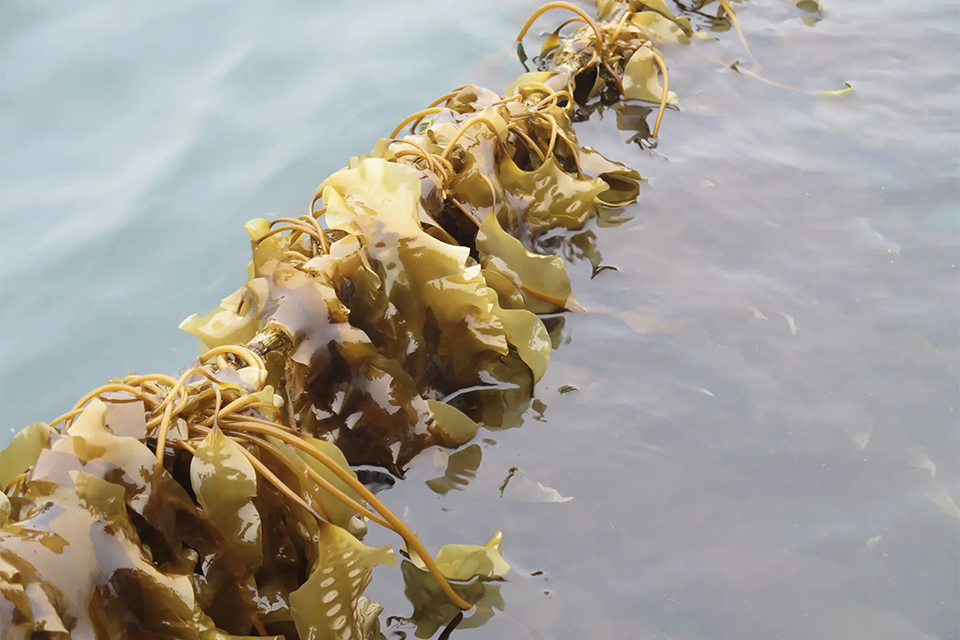
Responsibility
Can kelp farming fix the planet? Experts weigh in on promises and pitfalls
How can kelp farming help solve global challenges? A panel of seaweed experts discussed promises, pitfalls and knowledge gaps.
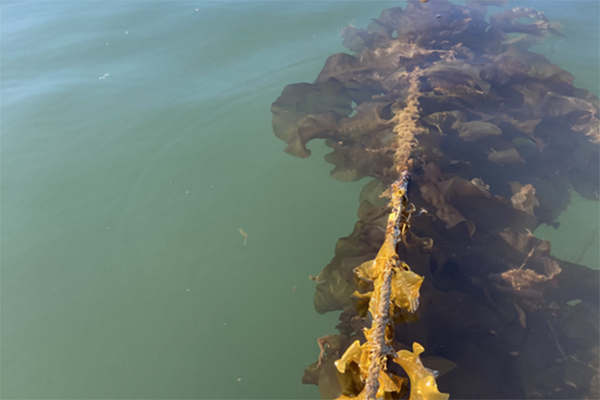
Responsibility
Kelp farms believed to help reduce coastal marine pollution
The water-filtering abilities of kelp farms could help reduce marine pollution in coastal areas, according to a new study.



